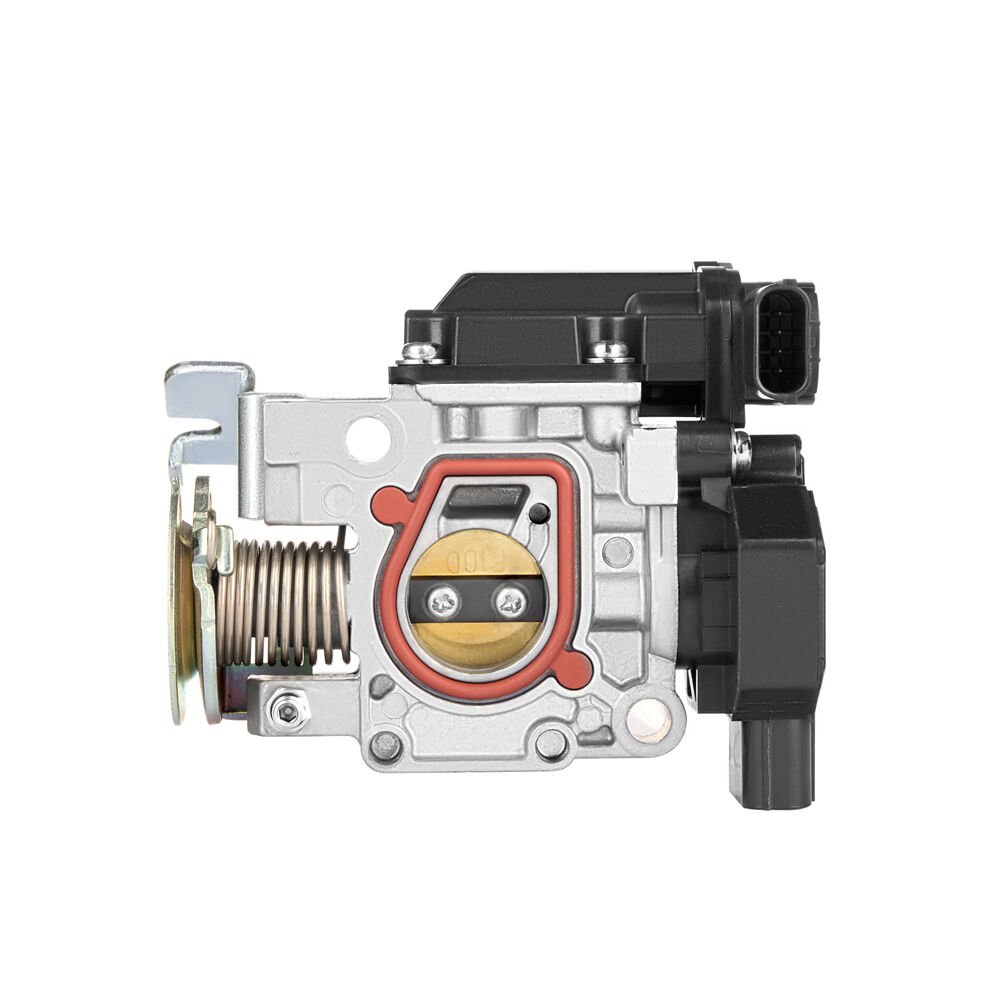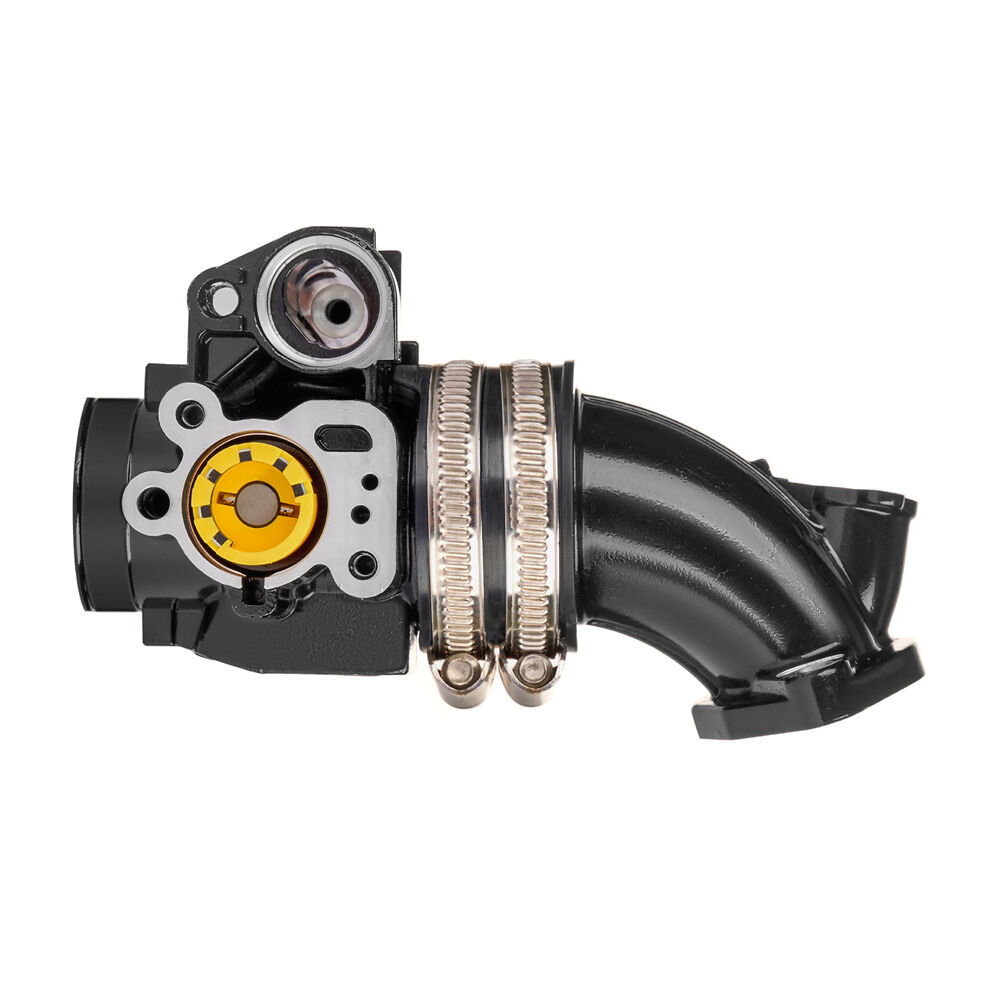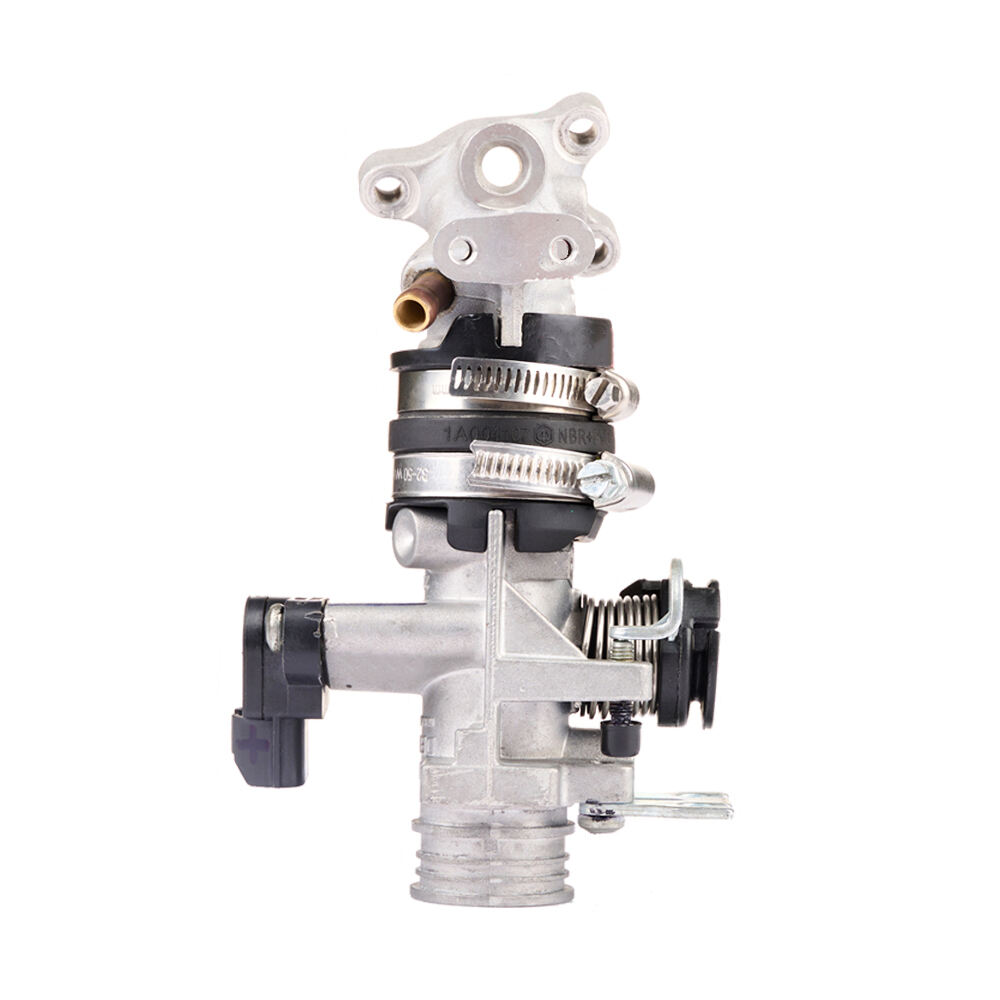aktuator katup throttle
Aktuator katup throttle adalah perangkat kontrol elektronik canggih yang mengatur aliran udara ke manifold hisap mesin. Komponen kritis ini berfungsi sebagai antarmuka utama antara masukan pengemudi dan respons mesin, menerjemahkan sinyal elektronik menjadi gerakan mekanis yang presisi. Aktuator terdiri dari unit motor, perakitan roda gigi, dan sensor posisi yang bekerja secara harmonis untuk mengendalikan tindakan buka dan tutup pelat throttle. Aktuator katup throttle modern dilengkapi dengan fitur canggih seperti sensor umpan balik posisi terintegrasi, mekanisme pengaman, dan kemampuan pembelajaran adaptif. Sistem-sistem ini beroperasi dalam hitungan milidetik untuk menyesuaikan posisi throttle, memastikan kinerja mesin yang optimal dalam berbagai kondisi operasional. Teknologi ini memiliki aplikasi yang luas dalam sistem otomotif, proses industri, dan mesin kapal. Pada kendaraan, aktuator bekerja bersama dengan Engine Control Unit (ECU) untuk mengatur efisiensi bahan bakar, emisi, serta keseluruhan kinerja mesin. Kontrol presisi aktuator memungkinkan akselerasi yang halus, pengendalian kecepatan idle yang konsisten, dan respons throttle yang lebih baik. Konstruksinya yang kokoh memastikan operasi yang andal dalam lingkungan yang menantang, sementara kemampuan diagnostik terintegrasi memungkinkan pemecahan masalah dan perawatan yang cepat.


